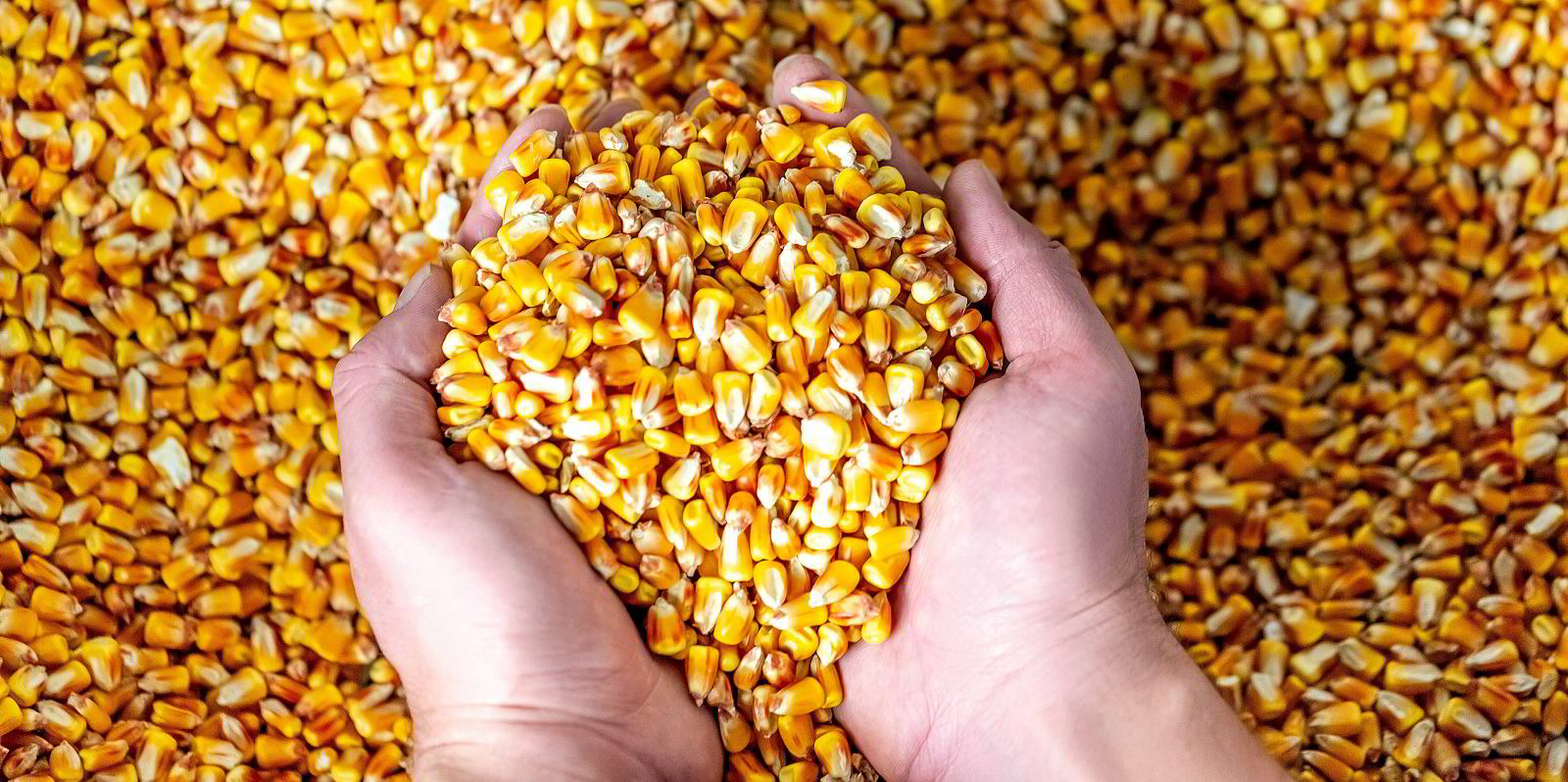The US is expected to export higher grain volumes as it predicts a bumper corn crop from this year’s harvest season, making a prediction that could benefit dry bulk shipping.
Total grain exports are predicted to reach 4.48bn bushels for the US 2023-2024 marketing year, which began in June for wheat and in September for corn and soybeans, according to the latest World Agricultural Supply and Demand Estimates report by the US Department of Agriculture. The data was released on Thursday.
“Any increase in grain movements is good, but I think the total world grain movements in 2023 is supposed to be flat from 2022, alas,” a shipowner said.
“But US exports growing is better than the reverse. The one thing that may help more than expected is that a US grain increase may increase congestion at the Panama Canal, which would be good.”
Panamax bulkers and supramax bulkers typically carry grains across the oceans.
Corn exports are expected to total 2.03bn bushels for the current marketing year, up 21.9% from the prior year. Soybean exports are forecast to reach 1.76bn bushels during the same period, down from 11.9% for the 2022-2023 marketing year.
Wheat exports are expected to reach 700m bushels for the 2023-2024 marketing year, down 7.8% from the amount exported during the previous 12-month period.
“Demand for US wheat exports has been slow for hard red winter wheat and white wheat, but exports of soft red winter wheat and hard red spring wheat have recently increased,” the USDA said.
Following several large purchases from China, US soft red winter exports for the 2023-2024 marketing year are projected to be 145m bushels, the largest export volume since the 2013-2014 marketing year, according to the USDA.
Hard red winter wheat exports are also expected to reach a historically low 145m bushels during the current marketing year.
“If these projections are realised, this year would mark the first time, since official records began in the early 1970s, that soft red winter wheat exports equalled hard red winter wheat exports,” the USDA said.
Read more
- Eastern Bulk Carriers to be wound down as Tidemand family exits shipowning and trading
- Hapag-Lloyd and Norsul form Brazilian cabotage operator
- Streetwise: Tsakos Energy Navigation celebrates 30 years of publicly dodging black swans
- Pyxis boss Valentis targets three or four ship buys after ‘record’ tanker sale




